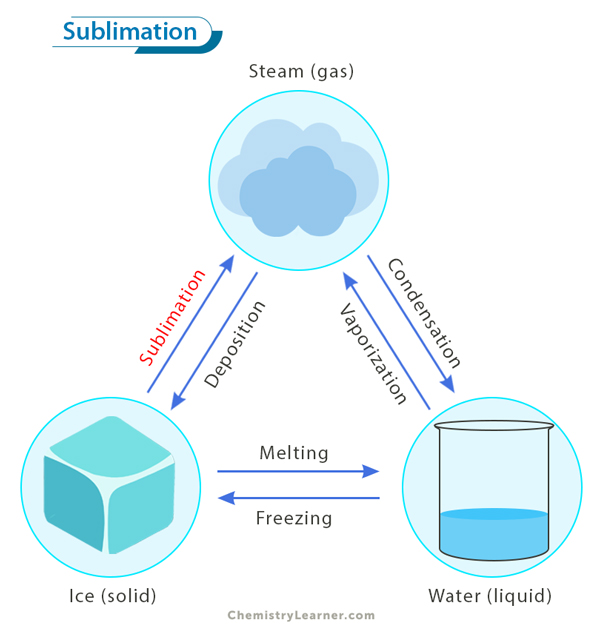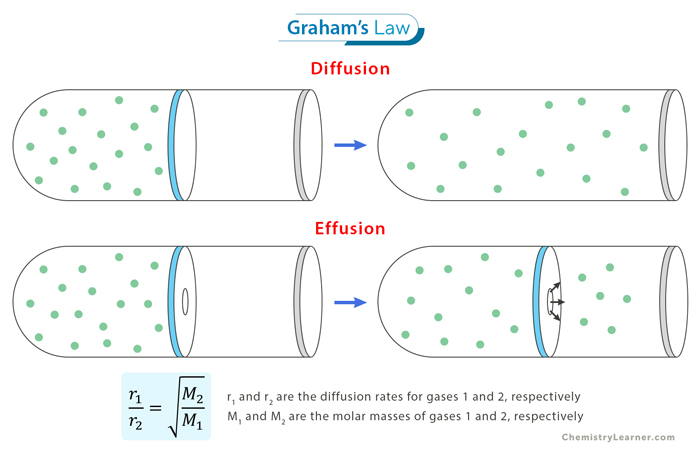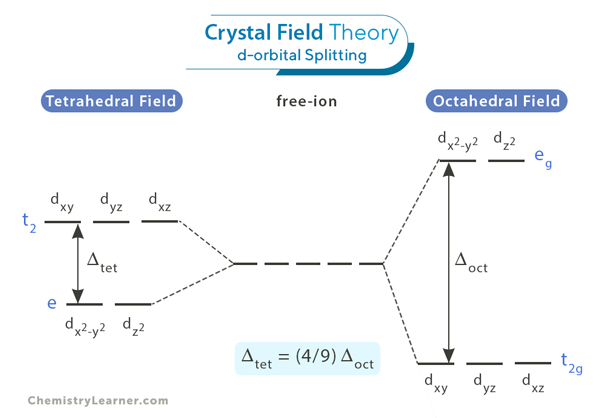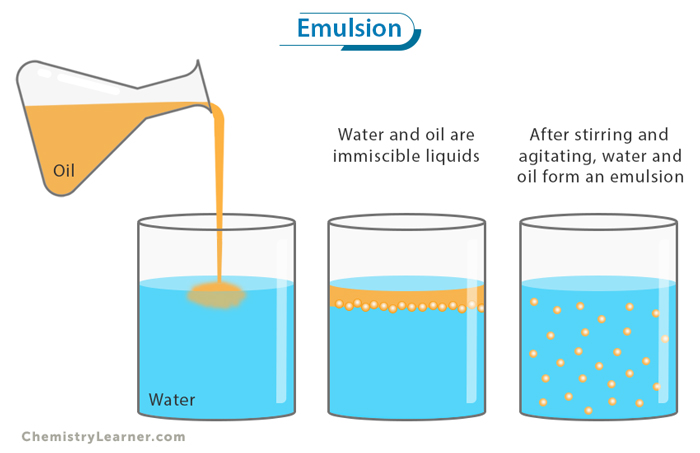Is Frying an Egg a Chemical Change?
A chemical change involves the formation of new substances through chemical reactions. The newly formed products get a totally new identity with chemical properties that differ from the starting substances [1-4].
The proteins present in the egg white and yolk are heated at a high temperature. They convert to other proteins through a process known as denaturing, which causes a change in both their characteristics and general constitution. The egg’s white and yolk changes differently – the white changes from a gooey, colorless liquid to a white solid, and the yolk will have its original consistency.
The heat generated during frying irreversibly changes the egg’s molecular structure. This energy is then transferred to the egg’s constituents. The cooked egg’s properties are different from the raw egg. Also, the process cannot be reversed. We cannot get the raw egg from the cooked egg. Therefore, frying an egg is a chemical change because it forms a new substance. Similarly, boiling an egg is also a chemical change.




